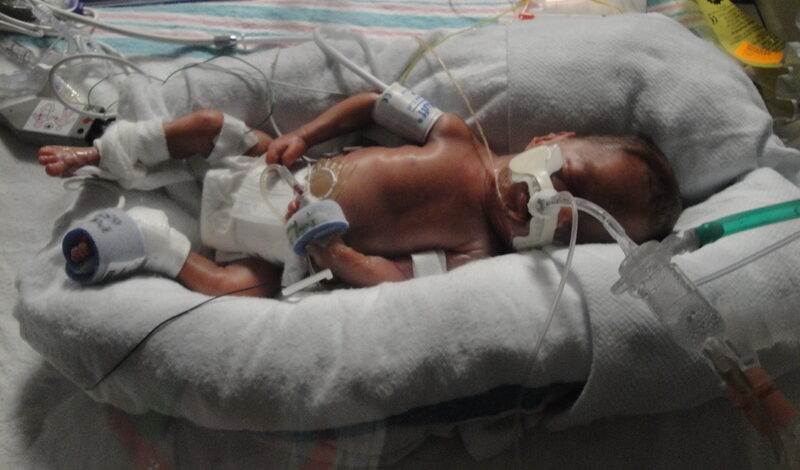In the neonatology world, there are a lot of different cultures that come through the Neonatal Intensive Care Unit (NICU). It is also a longer time span to work with families, than on a regular medical-surgical floor. Florida is a transient state with many people coming on vacation and moving from out of state; this impacts nursing with a diverse culture. Today we will explore cultural diversity as it pertains to religious beliefs. In neonatology, three theories come to mind King’s views, Roy’s views, and Neumann’s views. The theorist that many Neonatal Intensive Care Units (NICU) use is the Roy Adaptation Model (DeNisco & Barker, 2013).
The Roy Adaptation Model is known to focus on spiritual matters and promoting health amongst a family-centered type of care. In the NICU, this especially holds true, because of the critical illness faced daily by the families. The Roy Adaptation Model helps families adapt to a changing environment and deal with the quality of life or in some instances death. In the NICU, Roy’s model works well as the nurses acclimate the parents, to the NICU and what is happening with their baby. The nurse may find a challenge when some of the babies need blood transfusions and the parents refuse for cultural or religious reasons (Alligood, 2013).
One particular faith, Jehovah’s Witness, does not allow for blood transfusions. This is something that is very important when you have a baby in the NICU that is in need of a blood transfusion and the parent will not consent. In some cases, the treating neonatologist will get a court order to do the transfusions. In an extreme emergency, if two doctors sign off that it is an emergency, then the baby will receive the transfusions while they await the court order. As a parent of a premature baby myself, I could not imagine not doing everything I could to save my child. But in this case, Roy’s Adaptation Model may not be the best model to use, trying to involve the parent in a delicate situation. The parent refusing to allow treatment of transfusions to their baby would be a hindrance to use Roy’s theory which is to promote a family-centered type of care involving the caregivers in the decision making and treatment (Meadow, Feudtner, Matheny Antommaria, Sommer, & Lantos, 2010).
The principle of autonomy allows the individual to make their own decision and select what is in their best interest. Now in this instance when the baby needs a blood transfusion, there cannot be an autonomy decision, because what the parent feels is in the child’s best interest, may not be. We may not agree with the family, but as nurses, we need to respect the other person’s customs and beliefs while at the same time being ethically correct in saving a baby’s life. Now, as long as the baby is being taken care of and there is not a medical threat to the baby’s life some recommendations can be reviewed to try and find an alternative form of treatment.
References
Alligood, M. (2013). Nursing Theorists and their Work (8th ed.). Retrieved from http://online.vitalsource.com/books/9780323091947
DeNisco, S. M., & Barker, A. M. (Eds.). (2013). Theory-Based Advanced Nursing Practice
2nd ed., pp. 6-17). [Vital Source Bookshelf].
Meadow, W., Feudtner, C., Matheny Antommaria, A. H., Sommer, D., & Lantos, J. (2010, April 13). A Premature Infant with Necrotizing Enterocolitis Whose Parents are Jehovah’s Witness. Pediatrics, 126(1), 151-155. http://dx.doi.org/10.1542/peds.2010-0079

